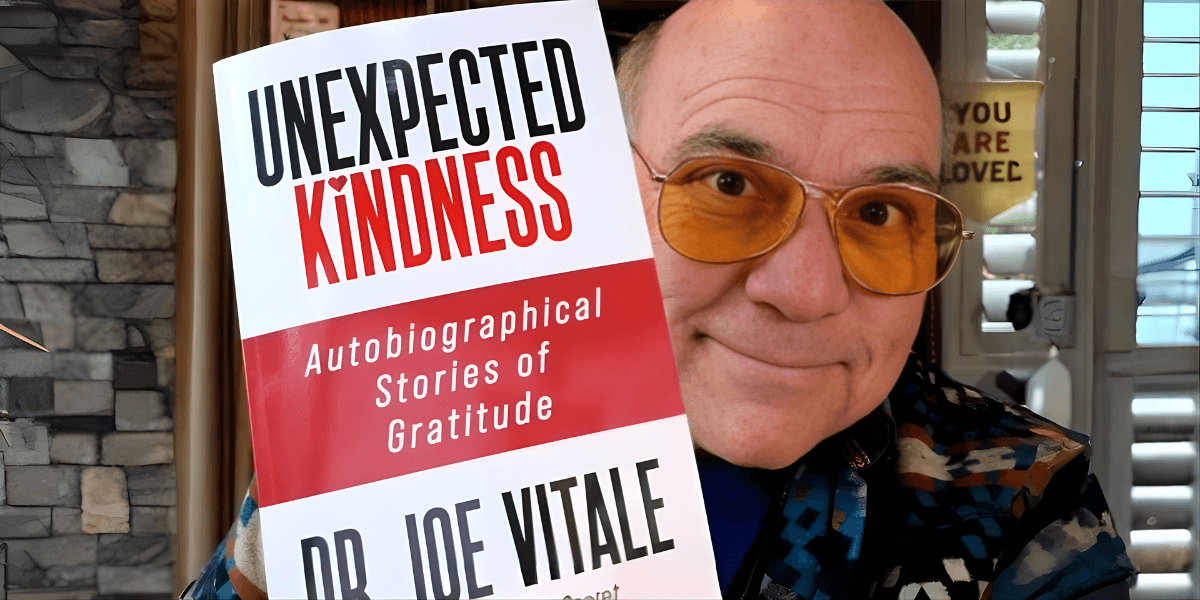A Generation Facing Urgency
The world is experiencing significant environmental changes, and those living in this era are confronted with challenges unlike any previous generation. From increasingly severe wildfires to rising sea levels, the storms impacting our coastlines to the spread of diseases in changing climates, uncertainty defines the present moment. Yet, amid these challenges lies an opportunity to respond with practical, thoughtful solutions. Robert W. Collin, a renowned legal scholar, urban planner, educator, and environmental studies advocate, has contributed to the conversation on how to address these issues in The Climate Adaptation Generation. His work provides a framework for understanding and acting on these challenges, highlighting the importance of timely, coordinated responses.
Collin argues that adaptation to climate change is not only an urgent matter but also a responsibility for today’s generation. His work aims to guide communities, policymakers, and individuals in proactively addressing climate-related issues rather than waiting for more severe impacts to take hold.
An Invitation for Practical Solutions
Collin’s approach is shaped by an understanding of the intersection between environmental studies, urban planning, law, and social work. In The Climate Adaptation Generation, he offers practical insights for those seeking to understand and navigate the complexities of climate adaptation. The book serves as both a resource and a call for collective action in addressing the pressing environmental challenges that communities worldwide face.
As Collin reflects in his work, “We are not just adapting to climate change; we are adapting to Nature.” This perspective underscores his commitment to finding solutions that not only aim to reduce harm but also foster a resilient, thriving future for all. His approach emphasizes practical strategies that can help mitigate the effects of climate change while enhancing human well-being.
A Framework for Change: Tools, Insight, and Advocacy
What distinguishes The Climate Adaptation Generation is its emphasis on actionable solutions. Instead of merely identifying the problems, the book provides concrete, strategic tools that can be employed by a variety of stakeholders. It is organized into two key components: the Advocacy Briefs and the Planner’s Toolkit.
The Advocacy Briefs focus on offering concise, actionable ideas for policymakers, community leaders, and educators. These briefs are designed to equip readers with the necessary knowledge to make informed decisions and initiate meaningful change in their own communities.
The Planner’s Toolkit provides step-by-step guidance on how to craft place-based strategies for addressing climate change. Through case studies from diverse regions, Collin illustrates how various approaches are already being implemented successfully across the globe, demonstrating that solutions to climate challenges are not only possible; they are already underway. The book also explores the role of technology, including AI, in accelerating climate adaptation efforts.
Connecting Knowledge to Action
Robert W. Collin’s interdisciplinary approach sets him apart in the field of climate advocacy. Drawing from his experience in law, planning, social work, and education, Collin provides a comprehensive view of how climate change intersects with various societal and environmental systems. His work connects the legal frameworks governing environmental policy, the social systems shaping human behavior, and the urban planning strategies needed to build resilient communities.
However, Collin emphasizes that knowledge alone is not enough. Action is key. The Climate Adaptation Generation is the first to experience the tangible impacts of climate change, but it is also the first generation with the tools and knowledge to respond. This book is designed not just for environmental experts but for anyone seeking to contribute to the solution. Whether you are a policymaker, educator, or concerned citizen, Collin’s work offers a clear vision of how individuals can be part of the adaptation process.
A Global Perspective with Local Impact
Collin underscores that climate adaptation is not a one-size-fits-all endeavor. Each community, city, and region faces its own unique set of challenges, and the solutions must be tailored accordingly. This is why Collin advocates for place-based planning, which ensures that adaptation strategies are specific to the needs of the local context.
The book draws on international case studies to demonstrate how different regions are already implementing strategies to adapt to climate change. Examples from the Netherlands, where urban green spaces are being used to combat climate impacts, and Bangladesh, where flood management strategies are being put in place, show how local solutions can have global significance. These examples offer inspiration and practical models for other regions to follow, showing that collective action can bring about significant change.
Looking to the Future
As the effects of climate change continue to unfold, the need for thoughtful, immediate action is greater than ever. Collin remains optimistic, however, emphasizing that through innovation, collaboration, and resilience, communities can build a sustainable, adaptive future. The Climate Adaptation Generation offers a framework for understanding how human ingenuity can shape the future, presenting a path forward for those willing to take responsibility and act.
While the challenges are substantial, Collin’s work highlights that solutions are within reach. Through coordinated action, informed planning, and community engagement, the future can be one of resilience and thriving ecosystems. The next step is for individuals, organizations, and governments to come together and begin implementing these solutions at scale.
Moving Forward Together
If you are interested in learning more about how we can adapt to the changing climate and take meaningful steps toward a resilient future, The Climate Adaptation Generation offers both the knowledge and practical guidance you need. Whether you are an educator, policymaker, community leader, or an individual concerned about the future, this book provides valuable insights into the practical steps we can all take.
For more information about The Climate Adaptation Generation, visit Amazon Author Page to learn more about the steps you can take to become involved in addressing climate challenges in your community.














